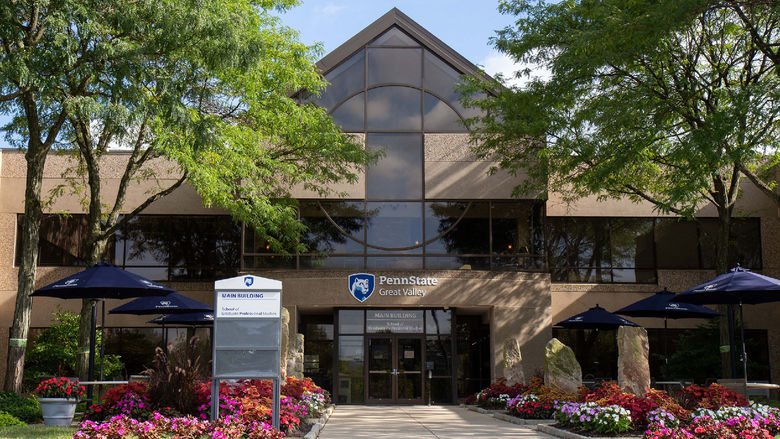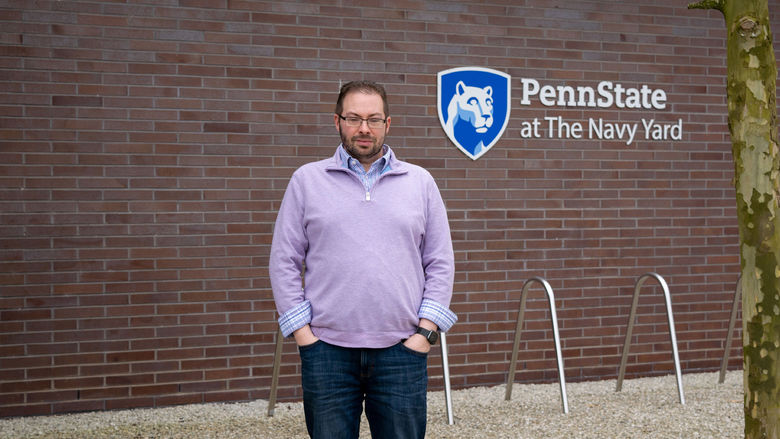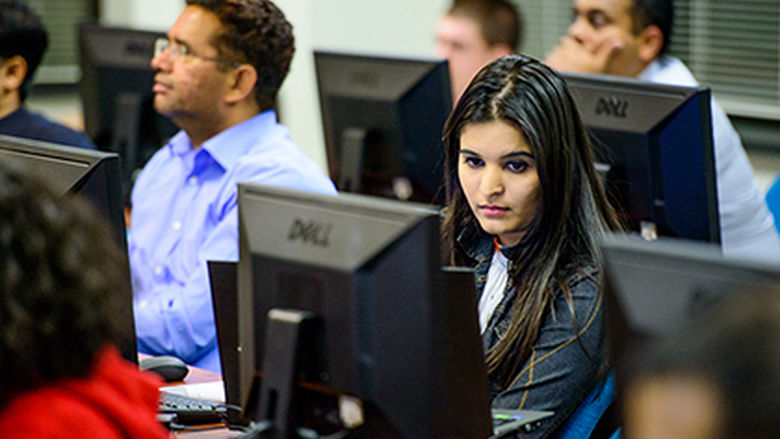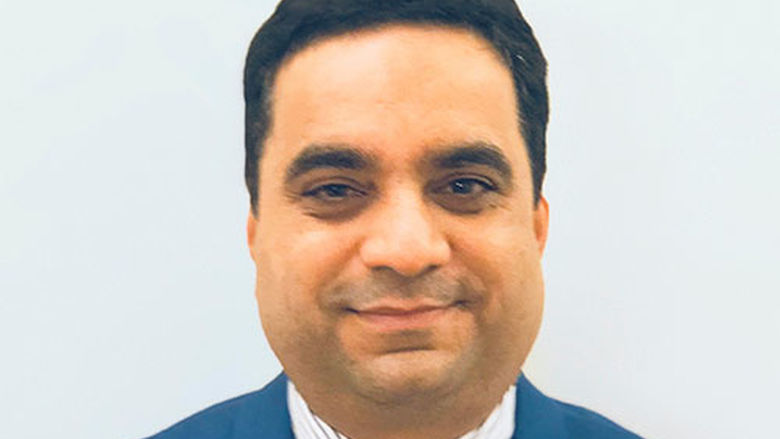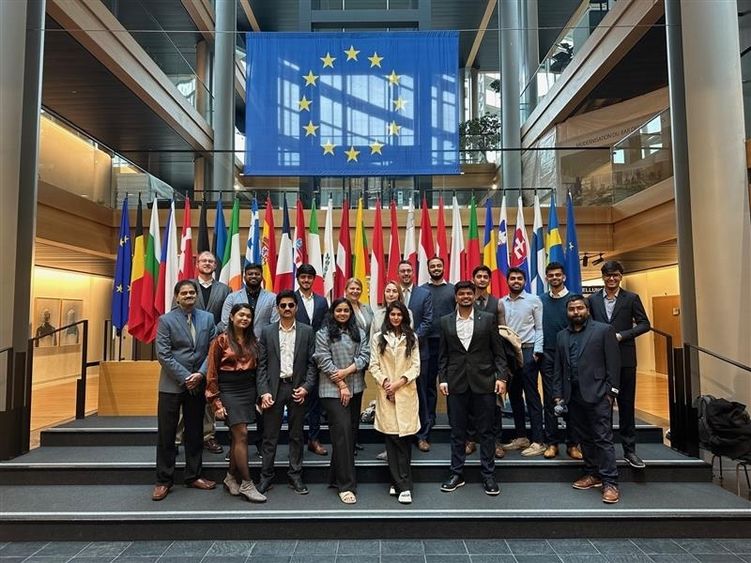
Great Valley students at European Parliament
MALVERN, Pa. — Last month, 16 Penn State Great Valley students examined sustainable business practices, innovation, and the design of work on a trip to Strasbourg, France, that incorporated company visits in France, Germany, and Switzerland.
Located in the “Grand Est” Alsace-Lorraine region on the France-Germany border and less than 90 miles from Switzerland, Strasbourg is known as “the capital of Europe.” This historic city is a cultural hub and home to the Council of Europe, the International Court of Human Rights, and the European Parliament – one of the students’ first site visits. There, they had an opportunity to participate in a role-play activity negotiating, representing constituents, and making difficult decisions to draft legislation tackling important issues.
The students’ full schedule included several company visits across the region, including:
— Kuhn Parts SAS, which produces soil preparation and fertilization, cultivation, and landscaping equipment. A leader in farm machinery, the company was created in 1828 in France by Joseph Kuhn, a village forge. The company has evolved to become one of the largest manufacturers of agricultural implements in the world.
— Gaggenau, a German manufacturer of high-end kitchen appliances. Although founded in Germany and a subsidiary of Munich-based BSH Home Appliances since 1995, much of Gaggenau’s production takes place at the site the students visited in Lipsheim, France.
— Maison Joseph CATTIN, one of the largest family-owned wineries in Alsace. Established 1720, the Cattin Estate organically and sustainably produces a broad range of Alsatian wines, with emphasis on Riesling, Gewurztraminer, Pinot Blanc and Crémant d’Alsace sparkling wine. Located in Voegtlinshoffen, France, the various types of soil, climate, altitude and sun exposure of the vineyards combine with winemaking traditions, technology and innovations.
— Novartis AG, a multinational pharmaceutical corporation based in Basel, Switzerland. Consistently ranked in the global top five, Novartis is one of the largest pharmaceutical companies in the world and was the fourth largest by revenue in 2022.
— Mercedes-Benz Trucks, the largest automotive assembly plant of Mercedes-Benz. Trucks was founded in Wörth, Germany, in 1963 and produces the Mercedes-Benz Antos, Arocs and Atego models, as well as the best-selling heavy truck in the world, the Actros. This site is located on the banks of the Rhine and is the center of expertise for the global production of Mercedes-Benz trucks.
— F. Hoffmann-La Roche AG, a multinational healthcare company that operates worldwide under two divisions: Pharmaceuticals and Diagnostics. The company’s headquarters is located in Basel, Switzerland.
— Weberhaus, one of Germany's leading house builders for over 50 years. It is well-known for building energy efficient, sustainable homes throughout Europe. Its manufactured houses tout excellent thermal efficiency and air-tightness along with triple-glazed windows, resulting in a reduced carbon footprint and lower running costs.
The students also participated in master classes led by Frank Becker, chief operating officer of ADIRA, the economic development agency for the Alsace region, and Kevin MacGabhann, associate dean of international relations at École de Management (EM) Strasbourg.
Cultural tours include walking and boat tours of Strasbourg, a French cheese-tasting workshop, and a guided tour of Haut-Koenigsbourg castle, one of the most visited castles in France. Students completed their week abroad with a day in Paris.
Jashwanth Varma Adiraju, an MPS data analytics student who also works as a graduate research assistant and serves as a student senator at Penn State Great Valley, found the opportunity to see how work culture is highly influenced by the regional culture to be remarkable: “We visited several organizations separated by borders, but not much by distance, and could see the drastic differences in their functionality. I would strongly recommend this trip to future students without second thoughts for its exposure to unique cultures, as well as for the experience of working and traveling as a team.”
Denise Potosky, professor of management and organization, taught the 3-credit course (BA 836: Global Immersion) which was the basis for this trip, organized the visits and led the immersion experience. She has been collaborating with colleagues at EM Strasbourg since working there as a Fulbright (Alsace Region) research scholar in 2011.
The trip was partially funded through the Warren V. Musser Travel Fund for Entrepreneurial Studies. Established by Linda Hogan and the now-late Gerald Hogan in 1999, the fund is designed to broaden international experiences and opportunities for Penn State Great Valley students.
On Wednesday, April 17, from 4:30-7:30 pm, student teams who participate in this global immersion course will present their comparative analysis of sustainable business practices, innovation, and the design of work in U.S., French, German, and Swiss organizations. These presentations are open to the Penn State Great Valley community and will be held on campus in Room 230 Main.

